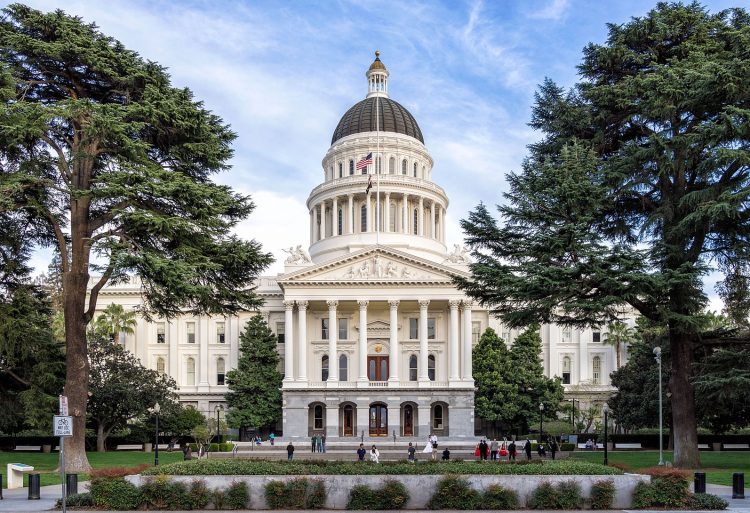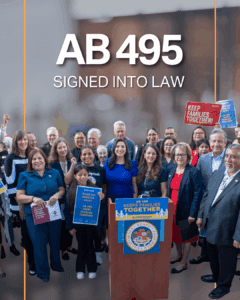The Alliance has worked for over a decade on equity for relative caregivers, who are often the first placement option for children who enter foster care. Until recently, those who take in a child on an emergency basis when they first enter foster care do not receive full foster care funding until they complete a length and complex approval process. Recently, Governor Brown signed the final FY 2018-2019 budget, and it includes funding at the time of placement for those families with whom a child is placed prior to approval. Congratulations to all of our partners on this important victory! For guidance explaining emergency caregiver funding, please see this letter.
The Alliance and our Step Up Coalition partners co-sponsored legislation (AB 2183) to require funding at the time of placement to support children in foster care and prevent undue hardship for caregivers who step up to care for them. The funding solution was included in the budget through a budget trailer bill, AB 1811; therefore, AB 2183 will not move forward, because the solution was enacted through other means.
This victory is the culmination of seven years of sustained advocacy in pursuit of financial supports for relative caregivers. Along the way, we achieved an important step with the creation of the Approved Relative Caregiver (ARC) program, allowing many relatives to access foster care benefits for the first time. (Prior to ARC, most of these families received no financial support whatsoever). However, families still had to wait until full approval before receiving funding. This delay often took 60 days or more before the state implemented the new resource family approval (RFA) process. After RFA, families were waiting as long as a full year to be approved and funded – an unmitigated disaster that drove many into dire financial circumstances.
With the governor’s signature, all children in foster care will be supported immediately upon placement, regardless of whether they are placed with a relative or non-relative.
In addition to the win on funding at time of placement, the budget invests $5 billion to help address challenges with affordable housing and homelessness, including providing $500 million to assist local governments in their immediate efforts to help homeless Californians and boosts CalWORKs grants (see page 52).





